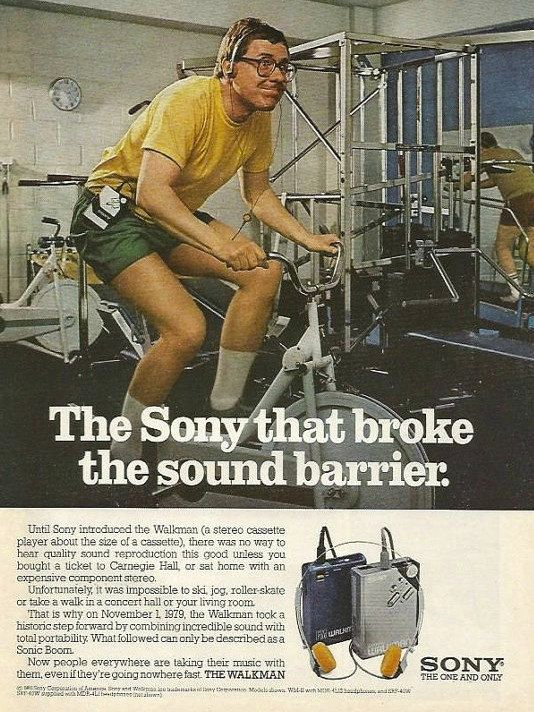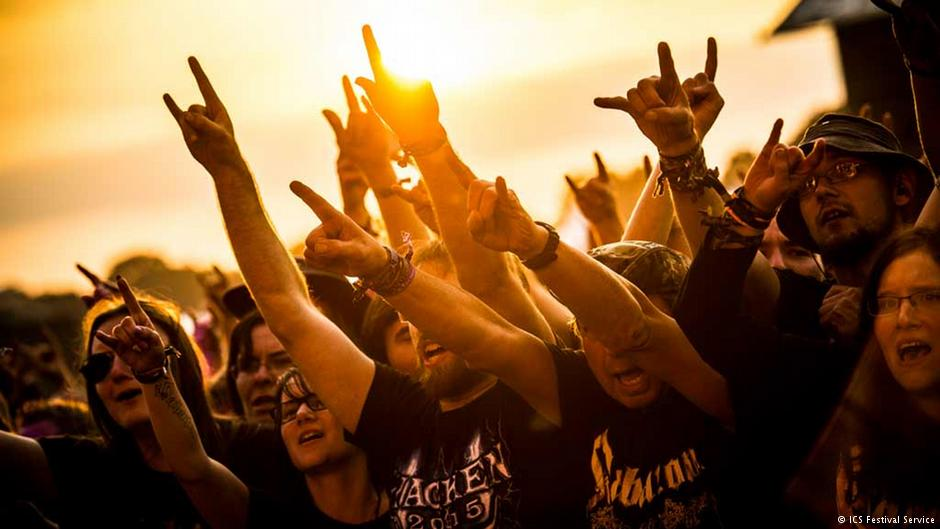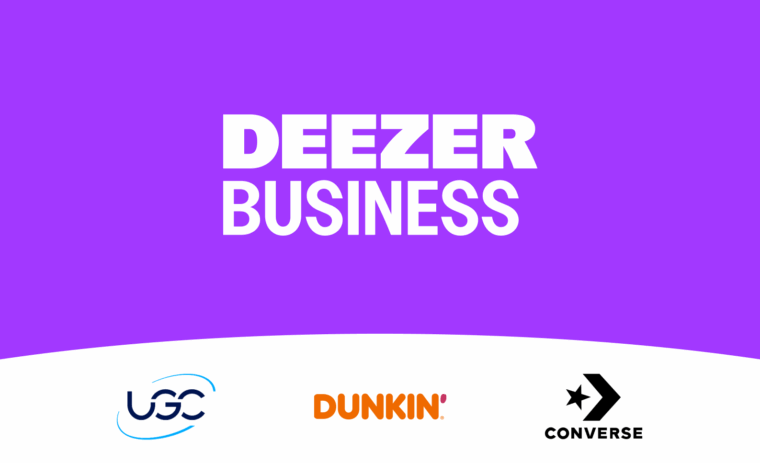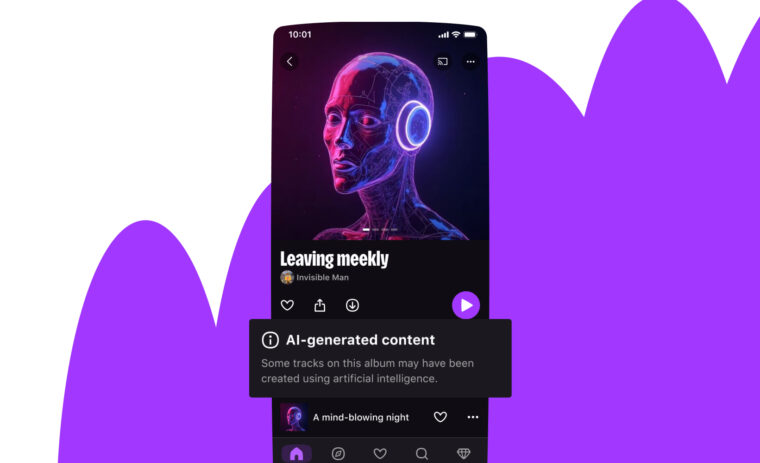
Every time I interview product managers who are willing to join the Deezer team and ask about a feature they would love to build, they would invariably design a social feature. Yet, our user base is not exactly craving to scrobble their listening history to Facebook. Most users would even ask for a private mode to make sure that some sessions don’t affect their recommendations or even worse, be shared with other users. (Yep, that “Barbie Girl” moment might better not be shared with everyone).
We recently polled users, using the Kano framework, to evaluate their interest in sharing music from Deezer on social networks. I expected that social media sharing wouldn’t be among the most appealing features, but the results were clear cut. Social media sharing is leaving our users indifferent.
And yet, music is an important part of most of our social gatherings.
“Whenever humans come together for any reason, music is there: weddings, funerals, graduation from college, men marching off to war, stadium sporting events, a night on the town, prayer, a romantic dinner, mothers rocking their infants to sleep … music is a part of the fabric of everyday life.”
Daniel J. Levitin, This Is Your Brain on Music
Is music that personal and private?
Music is Personal.
Technology enabled music to become more private.
Headphones changed the game during the 20th century. Sound and especially music could be heard by you and only you. But the real breakthrough happened in 1979, when Sony invented the walkman with portable headphones.
“The Sony that broke the sound barrier”. Indeed, you could listen to music privately almost anywhere.

A music library is a collection of memories.
Music is among the top things we like to collect. Most of us feel the need to have a place to store all the music we love, be it a shelf with stacks of Vinyls or CDs, or piles of favorite tracks on Deezer.
Why collecting music? As Daniel Levitin mentioned above, music is present in so many key moments of our lives. Collecting music is not only about the sounds we like, it’s about memories and how these songs make us feel. A quick look at my music library on Deezer reveals “Sailing to Philadelphia” by Mark Knopfler, which reminds me of the first time I’ve been in Paris, and “Hey Boy Hey Girl” by The Chemical Brothers, which reminds me of the first Microsoft event I’ve attended.
No one browsing my music library would see any logic but me. (On a side note: this is why music recommendation can be so tricky.)
Music is Social.
Hits and mainstream music.
“Despite the availability of entertainment specially tailored for each individual, people still crave experiences they can share with others. What they want most is what everyone else wants.”
Winner takes all, Special Report on Mass Entertainment, Gady Epstein, The Economist, February 2017
Charts are among the most successful discovery features. It’s not only due to a lack of time to explore the long tail, nor the fear of missing out, that is driving people to listen to hits; it’s also because social proof and familiarity are quite reassuring when it comes to uncover something new.
Making music.
Producing music most often requires playing in tune with other human beings. Music is nothing more than the sound result of a team of several artists playing various instruments. DJ could be an exception, but still, even DJs often don’t work by themselves. I stopped counting the number of David Guetta or Robin Schultz’s featurings.
Using music to communicate.
Remember that good old mixtape? Music can be used to express emotions, sometimes way better than just words. There are even doubts regarding what emerged first in our civilizations as a way to communicate: singing or speaking? Is there even a difference? Foreign friends told me that hearing me speaking French was like me singing a song to them. (In case you wonder, I’m terrible at singing.)
Experiencing live music.
Nowadays, with millions of songs available online, what is the point of going to a concert apart from living the experience, watching the DJ or the band, and feeling the music with other people? Growing revenues from live concert tickets sales suggest that people crave those shared experiences now more than ever.

“The concert industry had another good year as fans continue to buy increasingly expensive live event tickets while artists at every level became even more reliant on concert revenues as their primary source of income.”
Pollstar’s 2015 Year End Stats & Analysis
Feeling part of a community.
Listening to a specific music genre can make people feel part of a virtual community, which bridges geographical boundaries. Hip Hop or Metal are good examples where music blends with many other codes like hair styling, dressing, etc. Music is a way to define an identity.

Music is… It’s complicated.
We’ve witnessed many attempts to master the social experience of music online fail. Twitter Music is one example: the music app never got much traction and shut down pretty quickly 6 months after launch.
That is the irony: Twitter Music failed while artists like Katy Perry and Justin Bieber are among accounts followed the most. Following these artists is following a live documentary of their lives. Youtube, Facebook, Twitter, Snapchat… remove music from these platforms and their service would end up differently.
Music is part of both our shared and private sphere. What we listen to at a specific time depends very much on where we are, who we are with, how we feel… That’s why it is so difficult to get a digital experience right.
To get that digital experience right, the key is to go back to product management basics and understand users’ context to create tailored experiences, personal or social, depending on their intent. Although it’s been a challenge in the past, much progress is now possible:
- Connectivity will facilitate retrieving more accurate contextual data,
- Artificial Intelligence will enable adapting experiences to context in real time,
- Virtual Reality, by enabling users to escape reality, will even go a step further by immersing them in a whole new context
Whether a single service can be a jack of all trades and serve all needs is an entirely other question.





